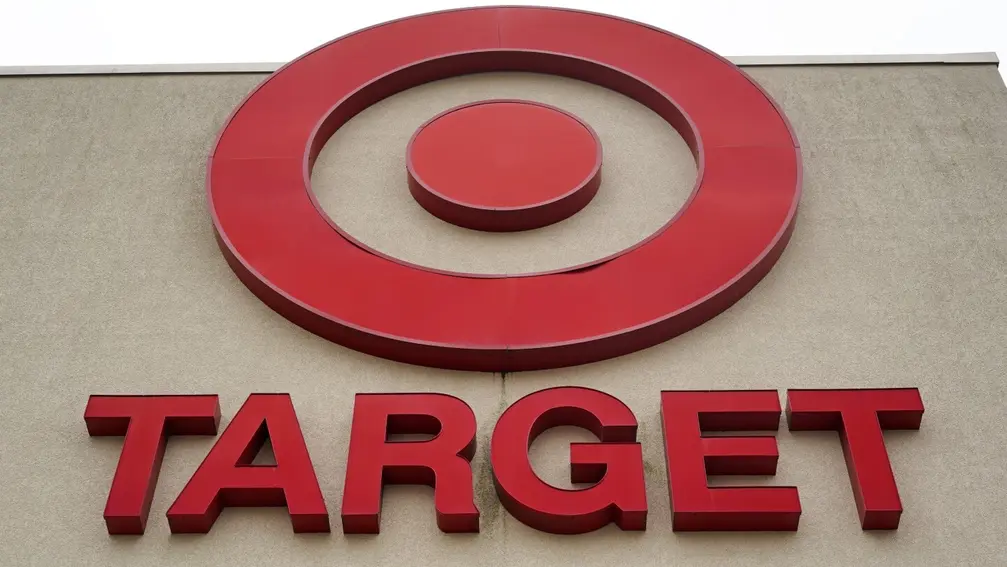T4K3.news
Backlash Stays With Brand
American Eagle faces ongoing scrutiny over its Sydney Sweeney campaign and its handling of the backlash.

The brand defends its jeans themed campaign while critics argue it hints at eugenics, signaling how identity issues shape modern marketing.
American Eagle Faces Backlash Over Sydney Sweeney Campaign
American Eagle faced widespread backlash after releasing an ad campaign featuring Sydney Sweeney that critics say hints at inherited traits and value to weight hair color and eye color. The company said the campaign is about the jeans and the wearer’s story, and posted a statement defending the line that the campaign is about the jeans, not biology. Reactions on social media were mixed, with supporters praising the denim and others arguing the messaging leans toward eugenics in its subtext. The controversy drew attention to how a simple slogan can become a flashpoint in debates about identity and representation.
Observers say the brand did not issue a formal apology or acknowledge the concerns raised by critics. Experts highlighted comments from scholars who described the messaging as reinforcing racial hierarchies rather than addressing the harm some viewers perceived. The political dimension of the backlash was also evident, with conservative voices defending the campaign and President Trump praising it on Truth Social, underscoring how identity marketing now sits at the center of partisan discussion.
Key Takeaways
"This kind of erasure functions to prop up eugenicist and racial hierarchy ideals as if they are normal, apolitical, and above examination."
T Smith discussing the messaging and its implications.
"Hierarchical, eugenicist, and sexualized messaging are not required to sell jeans."
T Smith on the branding strategy.
"They effectively tried to reuse their message about great jeans to say they looked good on everyone."
Tabitha Bonilla describing the campaign framing.
"Capitalism has always depended on the elevation of whiteness as the default and the ideal."
T Smith on the broader system.
The episode shows how brands operate in a polarized era where identity and marketing intersect. The decision to double down and frame the backlash as a matter of jeans rather than values suggests a shift in corporate behavior, where power and profit are used to reinforce perceived normalcy in racial hierarchies. This posture can deepen distrust among critics who feel ignored and push brands toward a performative stance rather than genuine reflection.
Analysts also warn that such moves may reshape the expectations around corporate accountability. As public debates about DEI and inclusion continue, brands face growing pressure from investors, politicians, and diverse audiences to show real listening and learning. The clash in this case exposes the risk that marketing choices become a battleground for broader social issues rather than merely selling products.
Highlights
- Brand power should own harm not dodge it
- Fashion runs on attention not on erasing harm
- Public trust fades when criticism is treated as noise
- The line between style and social impact is never neutral
Political backlash risk for brand campaign
The campaign intersects with race, DEI debates, and public reaction, risking political backlash, investor concerns, and reputational harm.
Identity and responsibility will continue to shape how brands speak to a changing public.
Enjoyed this? Let your friends know!
Related News

Zoe Rae receives criticism for Bali trip

Sydney Sweeney Backlash Update

Meghan Markle criticized for birthday tribute from her brand

Mother defends laser birthmark treatment after online backlash

Meghan Markle criticized over birthday tribute

Nantucket residents upset over Roller Rabbit store opening

Royal brand backlash grows

TikTok user Liv faces backlash for weight-loss journey
